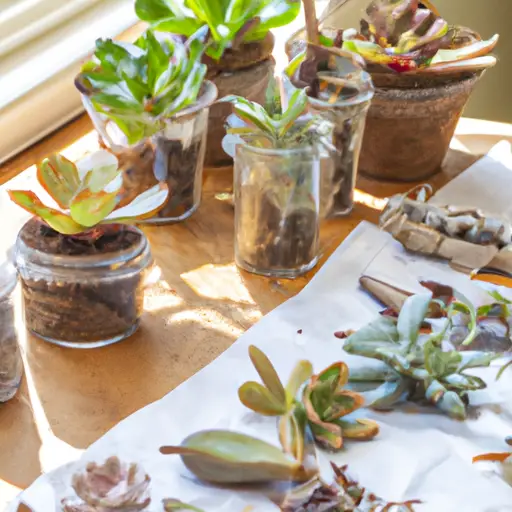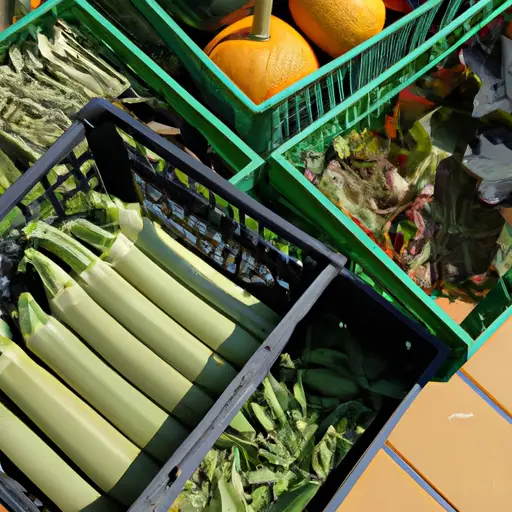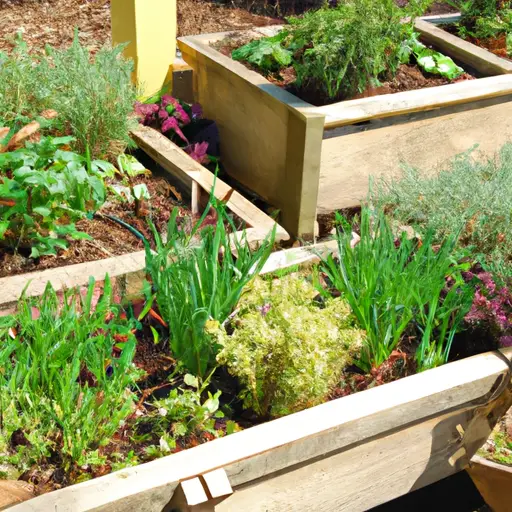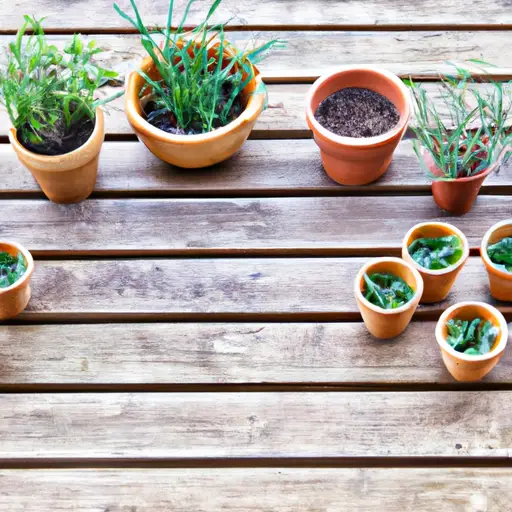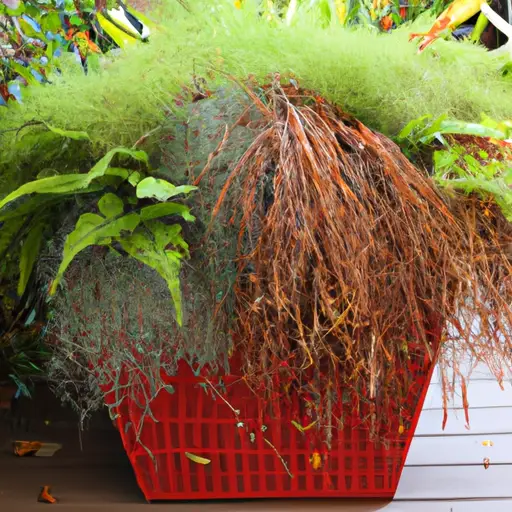Rooting Succulents: Secrets of Successful Propagation
Rooting Succulents: Secrets of Successful Propagation
Succulents have gained immense popularity among plant enthusiasts and home gardeners alike due to their unique shapes, low maintenance requirements, and beautiful colors. These hardy plants have adapted to survive in arid conditions, making them ideal for those with busy schedules or those who may not have the greenest thumb. One of the most fascinating aspects of succulent plants is their ability to propagate easily through rooting. In this article, we will uncover the secrets of successful succulent propagation and provide you with all the information you need to successfully grow your own succulent garden.
Choosing the Right Cutting:
Successful propagation begins with selecting the right cutting from a mature and healthy succulent plant. Look for stems that are firm and plump, preferably without any signs of damage or decay. Avoid taking cuttings from stressed or weak plants as they may struggle to root properly.…


